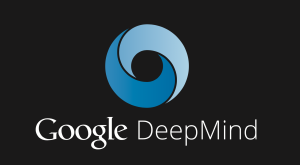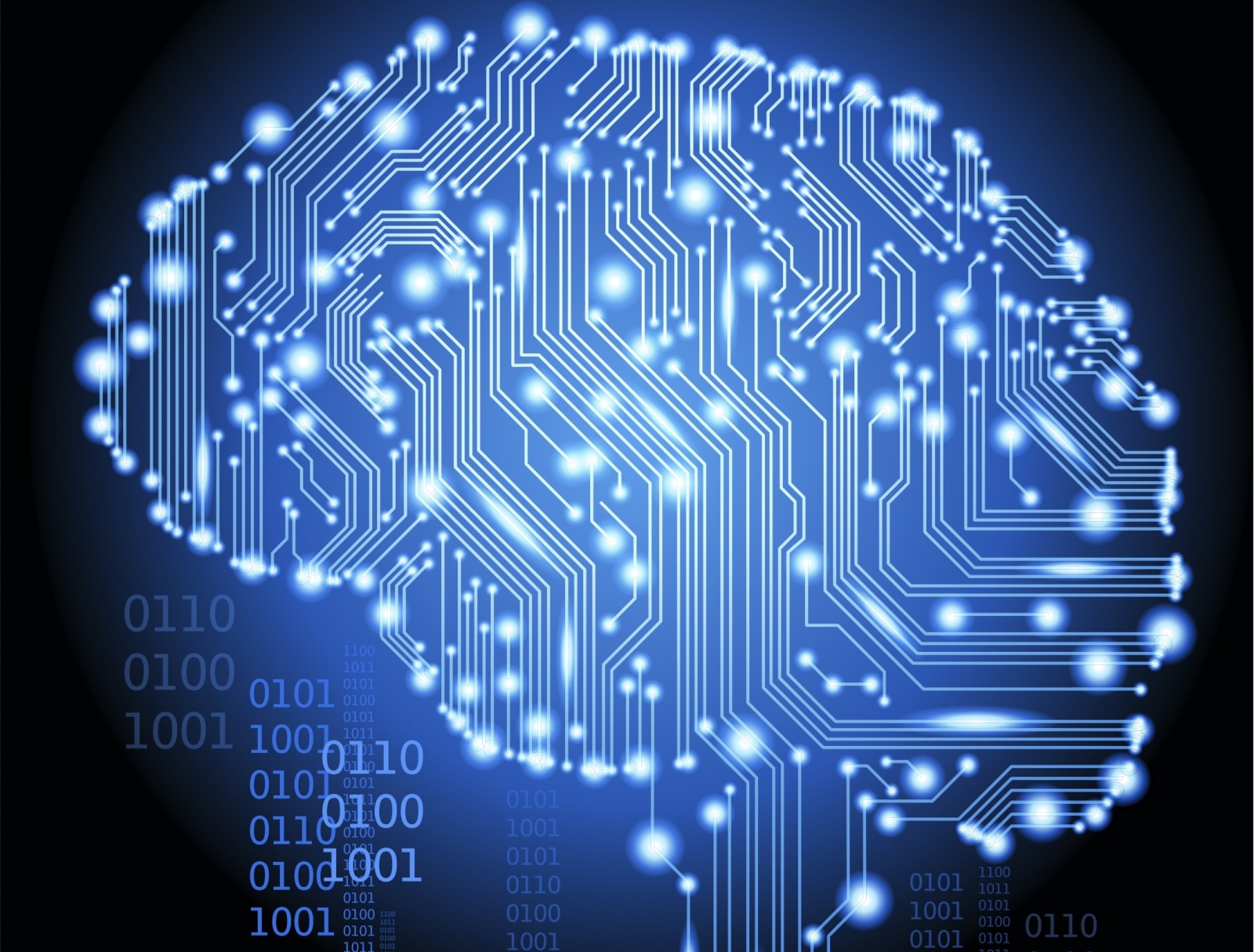by JOSHUA OGAWA, Nikkei staff writer
The game of GO is considered more complex than either chess or shogi.
Google has developed a computer program capable of beating professional go players, opening the door to new applications — and new ethical concerns — as artificial intelligence draws closer to matching human thinking.
The U.S. tech giant presented its results in the Jan. 27 issue of Nature. Though a computer managed to topple the world chess champion in 1997 and defeat the top women’s shogi (Japanese chess) player in 2010, Google’s AlphaGo program (official blog site) is the first to triumph over professional go players under official rules.
TOUGHER THAN CHESS The go board is larger than that used in chess or shogi, with total possible gameplay scenarios numbering 10 to the 360th power. Anticipating and solving all possible board combinations is impossible even for today’s most advanced computers, and many researchers had predicted that a program capable of besting pro players was at least 10 years away.
Google’s go AI bypassed that problem with deep learning, a technology that mimics human neural pathways and learning processes. Rather than working through the possible scenarios by brute force, the program considers the board as a whole and draws on accumulated experience to choose its next move. The company has used such technology before. Last year, it presented its deep Q-network algorithm, which let computers master electronic games by analyzing pixel and score data over repeated plays.
For its go project, Google collaborated with pro players to teach the computer 30 million plays, eventually enabling it to predict humans’ moves with 57% accuracy. The AI then was put through several million matches against itself, forcing it to work out winning strategies by experience. Its ability to select the best move by analyzing the state of the board is now nearly equal to a human’s ability to do the same based on skill and intuition.
The program can beat existing go software 99.8% of the time, and it won all five games against reigning European champion Fan Hui in October. The AI will face another five-game challenge in March, when it goes up against Lee Se-dol, one of the world’s top players.
WAY FORWARD The question now is where Google will direct its AI efforts next. Games are an excellent arena in which to develop and test AI, but the goal is to turn such technology toward solving real-world problems, said Demis Hassabis, Google’s AI chief. The priority, he indicated, is on developing robust multipurpose AI tech.
Deep learning is particularly promising, given its ability to process visual and audio information in a manner resembling human perception by finding patterns in large data sets. Recent research has sought to apply the technology in diverse fields, such as using it to control robots’ movements or to analyze medical image data to help diagnose patients. Simple forms are already at work in today’s tech, such as voice recognition software on smartphones. The dawn of AI capable of replicating the intuition of human professionals would drastically expand the current slate of applications.
finding patterns in large data sets. Recent research has sought to apply the technology in diverse fields, such as using it to control robots’ movements or to analyze medical image data to help diagnose patients. Simple forms are already at work in today’s tech, such as voice recognition software on smartphones. The dawn of AI capable of replicating the intuition of human professionals would drastically expand the current slate of applications.
Yet researchers also are growing more cautious as AI advances. Though Google is pleased to have overcome a major challenge for AI, Hassabis said, the company is aware of the ethical issues surrounding the technology. Academics and other public figures have warned that unchecked development could lead to AI programs that are hostile to society as a whole.
As with “any powerful new technology,” developers of AI must “take seriously our responsibilities” and “have ethical concerns at the top of our minds,” Hassabis told the BBC last year. Google has established an AI ethics board to address those concerns. Now that technology has won out against humanity in one of the ultimate game-based challenges, the focus of research should turn to cooperation between man and machine.
